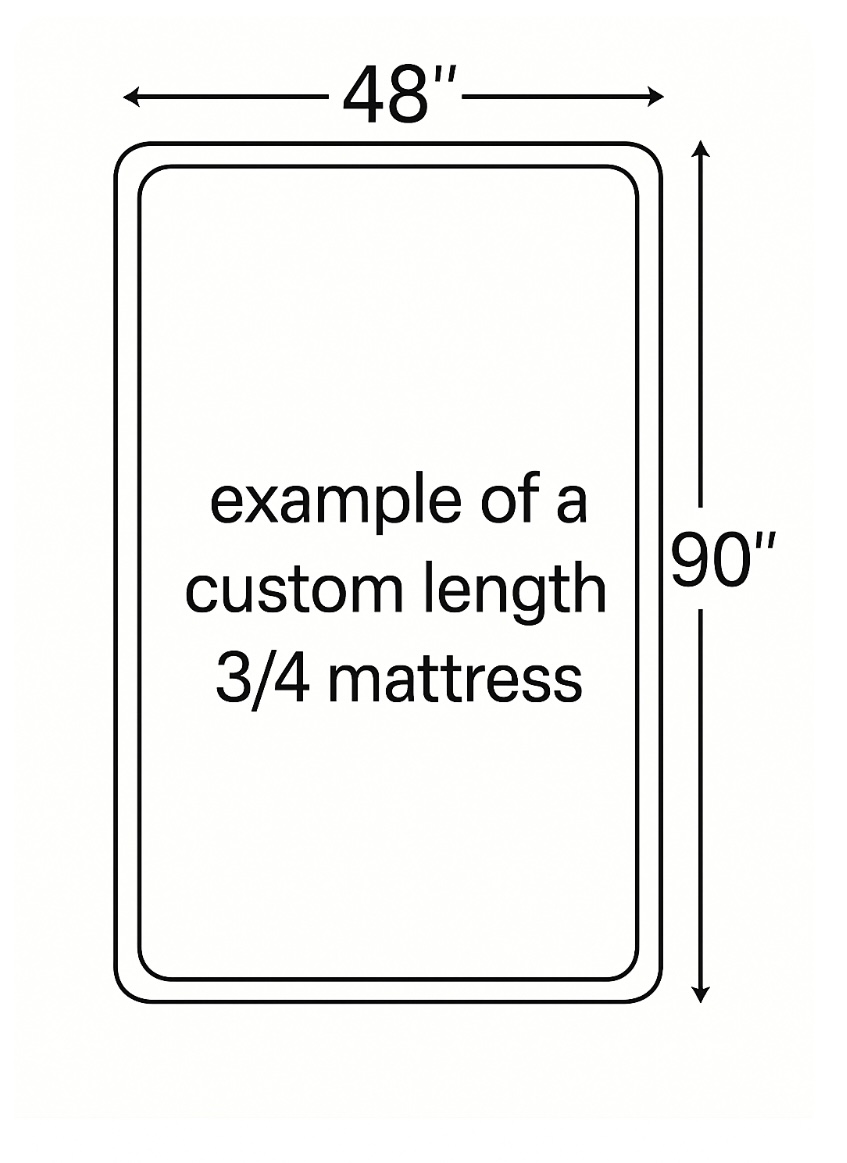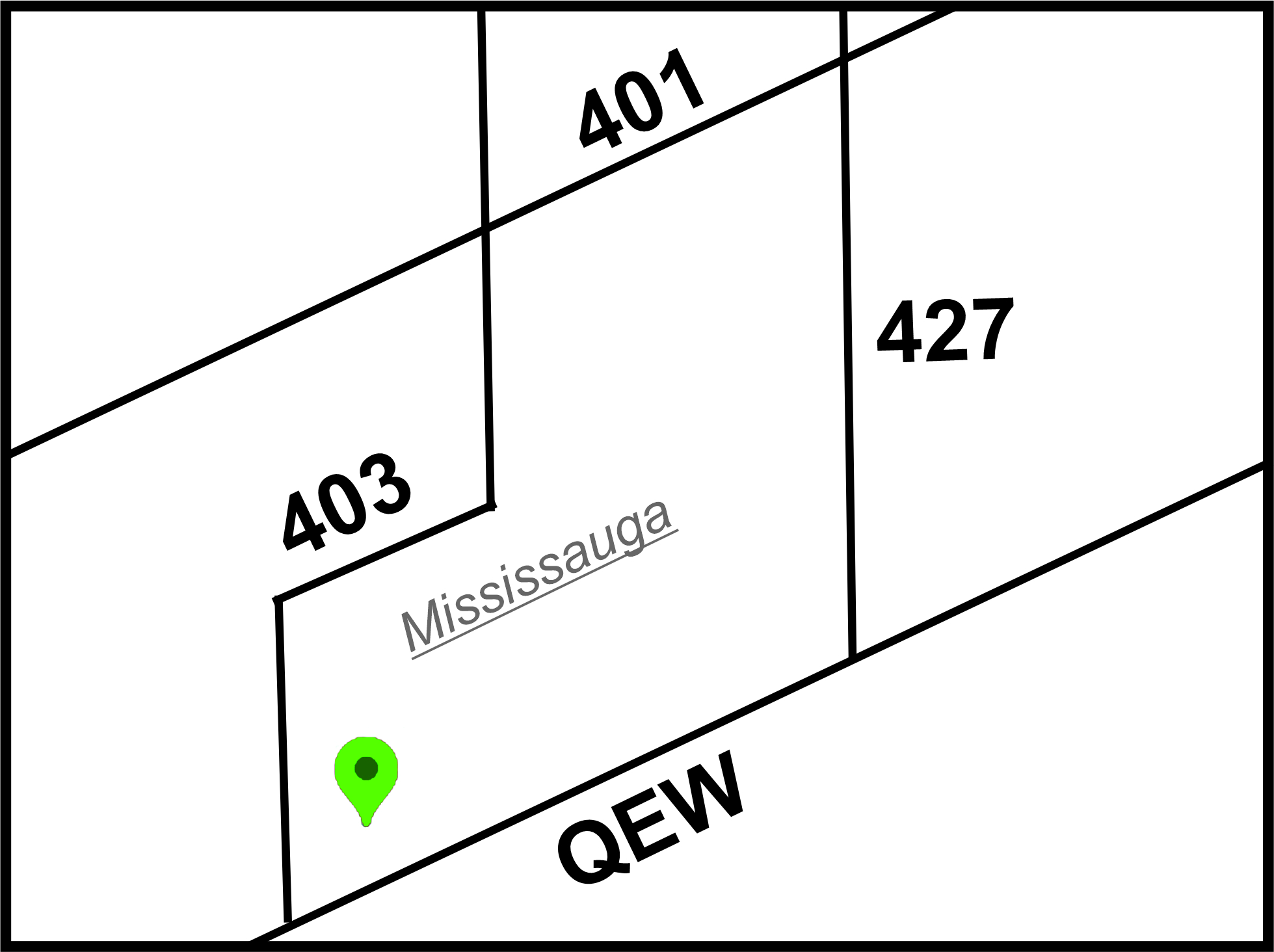
Blog Questions about beds and mattresses answered. And some stories told.

When ordering a custom length 3/4 mattress, there are several important factors to consider to ensure you get the perfect fit for your space and comfort needs. Whether you’re outfitting an antique bed frame, an RV, a boat, or a small guest room, making the right decisions up front can save you time, money, and hassle down the road. Here’s what you should keep in mind:
1.
Precise Measurements
The most critical first step is to take accurate measurements of your bed frame or the space where the mattress will be used. A standard 3/4 mattress typically measures 48 inches wide by 75 inches long, but antique beds, custom frames, or unique installations often require a longer or shorter mattress. Measure the inner dimensions of the frame from edge to edge. If the mattress will be surrounded by a headboard, footboard, or side rails, measure the clearance to ensure a snug but not overly tight fit so that you can still comfortably tuck in your linens.
2.
Mattress Thickness
Custom length 3/4 mattresses can vary in thickness, typically from 6 to 14 inches or more. Thicker mattresses often offer more support and comfort, but may sit too high in a shallow frame or make getting in and out of bed more difficult in tight spaces. Consider the bed height from the floor, especially for children, seniors, or those with mobility concerns.
3.
Material and Construction
Mattress materials greatly affect comfort, durability, and cost. Common options include, latex (best), innerspring, and hybrid mattresses (second best). Memory foam contours to the body and minimizes motion transfer but does not last as long, while latex is more responsive and naturally hypoallergenic. Hybrids combine the benefits of both coils and foam. Think about your preferred sleep style—back, side, or stomach—and choose materials that best support that position.
4.
Firmness Preference
Firmness is subjective, but essential for a good night’s sleep. Most mattress manufacturers rate firmness on a scale from 1 (softest) to 10 (firmest). A medium-firm mattress (around 5-7) is often the most versatile and popular choice. Heavier individuals may benefit from a firmer mattress, while lighter sleepers often find softer mattresses more comfortable.
5.
Intended Use
Consider how the mattress will be used. Is it for daily use, occasional guests, or a seasonal cottage or RV? For daily use, invest in higher-quality materials with a longer warranty. For less frequent use, you may prioritize affordability over durability. If the mattress will be in a mobile setting (like an RV or boat), you may also need to factor in weight, flexibility, and ventilation.
6.
Budget and Value
Custom mattresses often cost more than standard sizes, so it’s important to balance your needs with your budget. Get quotes including shipping and customization fees. Be wary of very low prices—they often signal inferior materials.
7.
Supplier Reputation and Policies
Choose a reputable retailer like Nine Clouds Beds in Mississauga.Read reviews, ask about warranty coverage, because returns are not allowed on custom orders. Clear communication with the seller is key to ensuring the mattress meets your exact specifications.
Ordering a custom length 3/4 mattress can be a smart solution for unique spaces, but attention to detail is vital. With thoughtful planning and the right supplier, you’ll enjoy a tailored sleep experience that fits both your body and your environment.


 Copyright © 2026 |
Copyright © 2026 |